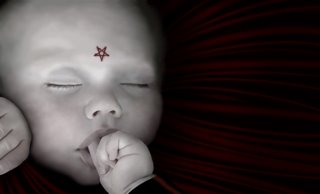
In the Christian philosophical tradition a central question regarding freedom of the will was this: is virtue within the power of the individual or completely dependent on the power of God?
St. Augustine, although he argued that God's foreknowledge of human actions (a consequence of his omniscience) did not cause them, did hold that God's omnipotent providence implied predestination: man was wholly dependent on divine grace.
St. Thomas Aquinas maintained the freedom of man's will in spite of divine omnipotence, holding that God's omnipotence meant he could do all things possible or consistent with his goodness and reason, which did not include the predetermination of human will.
William of Occam affirmed free will but claimed it impossible for any human to comprehend how it is compatible with God's foreknowledge and omniscience, which cannot be distinguished from his role as prime mover and original cause.
Martin Luther and John Calvin both followed Augustine's doctrine of predestination... but later Protestant writers disputed their position.
See the journal French Metablog with today different posts
Enter La métabole as a member
